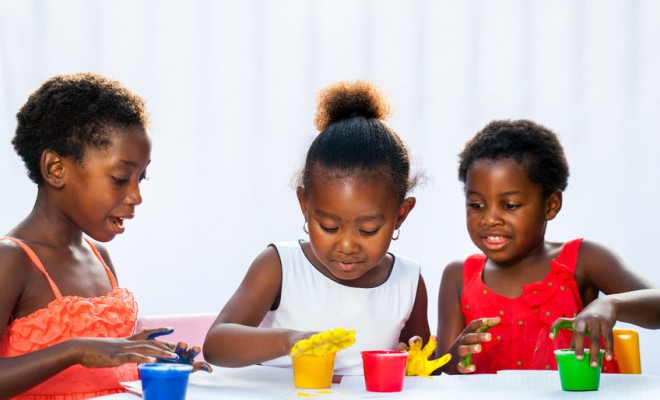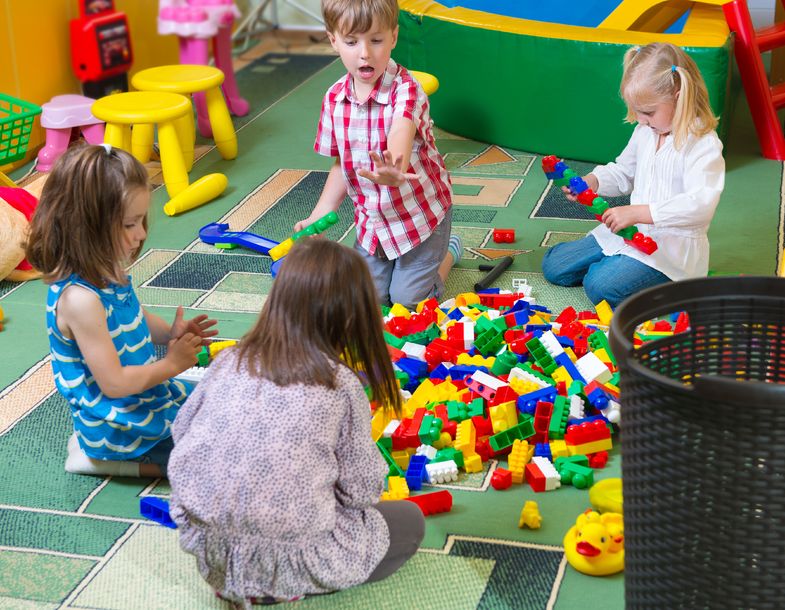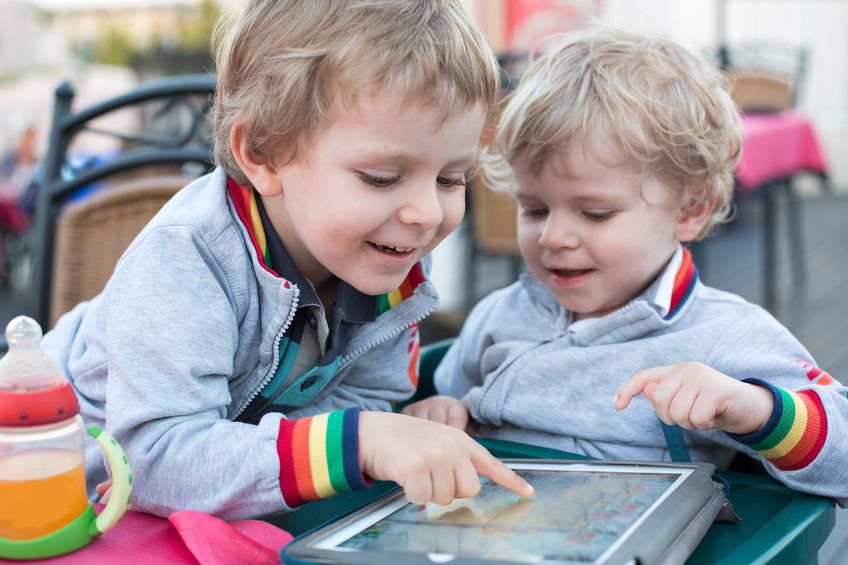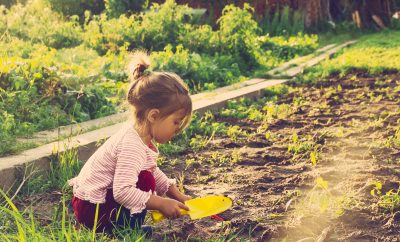
Childcare Environments
The Benefits of Childhood Friendships and How to Support Them
The impulse to make friends is innate in most children, and left to their own devices they will naturally form friendships and gain many benefits from them. But sometimes, particularly when they are younger, children need a little support in developing the skills required to deal with childhood friendships, and there are many ways in which you can provide this support in your childcare setting.
The benefits of childhood friendships
There are a great many benefits to be gained from forming and maintaining childhood friendships. Here are some of them:
- Navigating friendships helps to support children’s emotional and social development
- Friendships help to increase a child’s capacity for empathy and altruism
- Having friends boosts happiness, well-being and self-confidence, and promotes a positive outlook on life
- Having friends lessens stress
- Forming friendships entails practising communication skills
- Positive friendships can help encourage good behaviour

Supporting childhood friendships
As everyone knows, friendships are not always straightforward. Children of all ages can sometimes struggle with friendship issues, but preschoolers in particular often need more help in dealing with certain aspects. Here are some suggestions about how to support the children in your nursery to develop childhood friendships:
Model good friendship behaviour
Most importantly, model the behaviour that you are trying to encourage. This means interacting positively with your colleagues in front of the children, being kind, and cooperating with each other.
Nurture politeness
Being polite to everyone should be one of the core values of your nursery. Encourage the children to talk to each other (and staff) in a polite way, for example by teaching them how to ask for things nicely.
Practise sharing
This can be tricky for younger children, but learning to share and take turns is fundamental to being able to form friendships. See our article, ‘Activities to encourage children to share’ for some ideas on developing these skills.

Group activities
Small group activities are good for encouraging children to play cooperatively. Non-competitive activities are best; working together towards a common goal (eg doing a collaborative art project) is a great way to help develop social skills.
Books and role play
Use the nursery’s resources to explore issues around friendships. Find some books that are about friendship; read and discuss them with the children. Using toys or puppets, get the children to act out the stories themselves.
Encourage and praise
Recognise good behaviour towards other children by commenting on it; describe what happened in a simple way so that the children understand, eg “giving Sophie that toy, when she asked for it, was a very kind thing to do”.
A few points to consider
It’s important to keep in mind that preschool children are just starting out on their way to learning how to build friendships. At this stage, it’s about recognising the skills that they might be struggling with and supporting them to begin developing those skills. Some children will find it easier than others to make friends, for all kinds of reasons. Here are some points to remember when considering how you can support preschool friendships:
Dealing with disputes
Children learn best when they work things out for themselves; with older preschoolers, in particular, it’s worth hanging back before intervening in disputes or negotiations, to see if they can resolve them on their own. Obviously, if someone is being hurt or conflict recurs then you will need to step in (see our article on ‘Teaching young children to resolve conflict’).
Group dynamics
There are many reasons why children might not join in with a group. They might be unsure of how to do it, they might not want to play with those particular children, or the other children might not be letting them join in. Watch and try to work out what the reason is, then approach the situation accordingly. Also recognise that many children need time away from others, playing by themselves, so don’t be tempted to always make them join in.
Different personalities
Following on from this, remember that different children have different personalities and take this into account when assessing how to support their friendship skills. Some children are very confident and will jump straight into an activity or group, while others need to watch for a while and understand what’s going on before joining in. Some children get tired or overwhelmed more easily than others.
Changing interests
Younger children tend to be drawn to others who share the same interests, for example, they enjoy playing similar games or with the same toys. As their interests change, it’s likely that their alliances will too.
EYFS Developmental Milestones – Download Free eBook






You must be logged in to post a comment Login